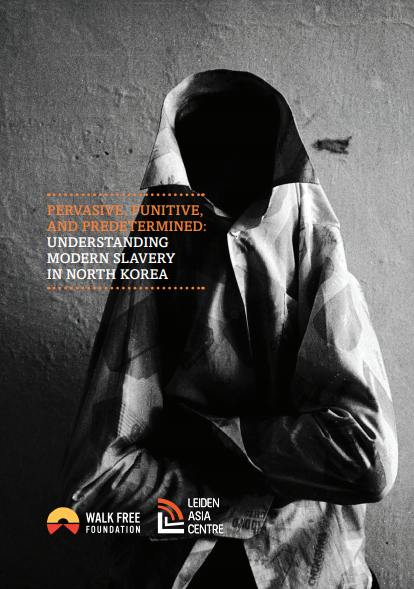By Remco E. Breuker & Imke van Gardingen
It has long been known, though difficult to verify, that citizens of North Korea are forced to work by the State on a far greater scale than seen elsewhere in the world. Recent estimates reveal that 1 in 10 North Koreans are living in modern slavery with the vast majority being forced to work by the state. While these estimates shed light on the scale of this crime, a more nuanced understanding of modern slavery in North Korea and the conditions that give rise to it, is required. The purpose of this study is to shed light on the hidden reality that is forced labour and other forms of modern slavery inside North Korea. Because it is not possible to directly survey or otherwise undertake data collection within North Korea, the study methodology involved conducting qualitative interviews with defectors from North Korea living in South Korea.

